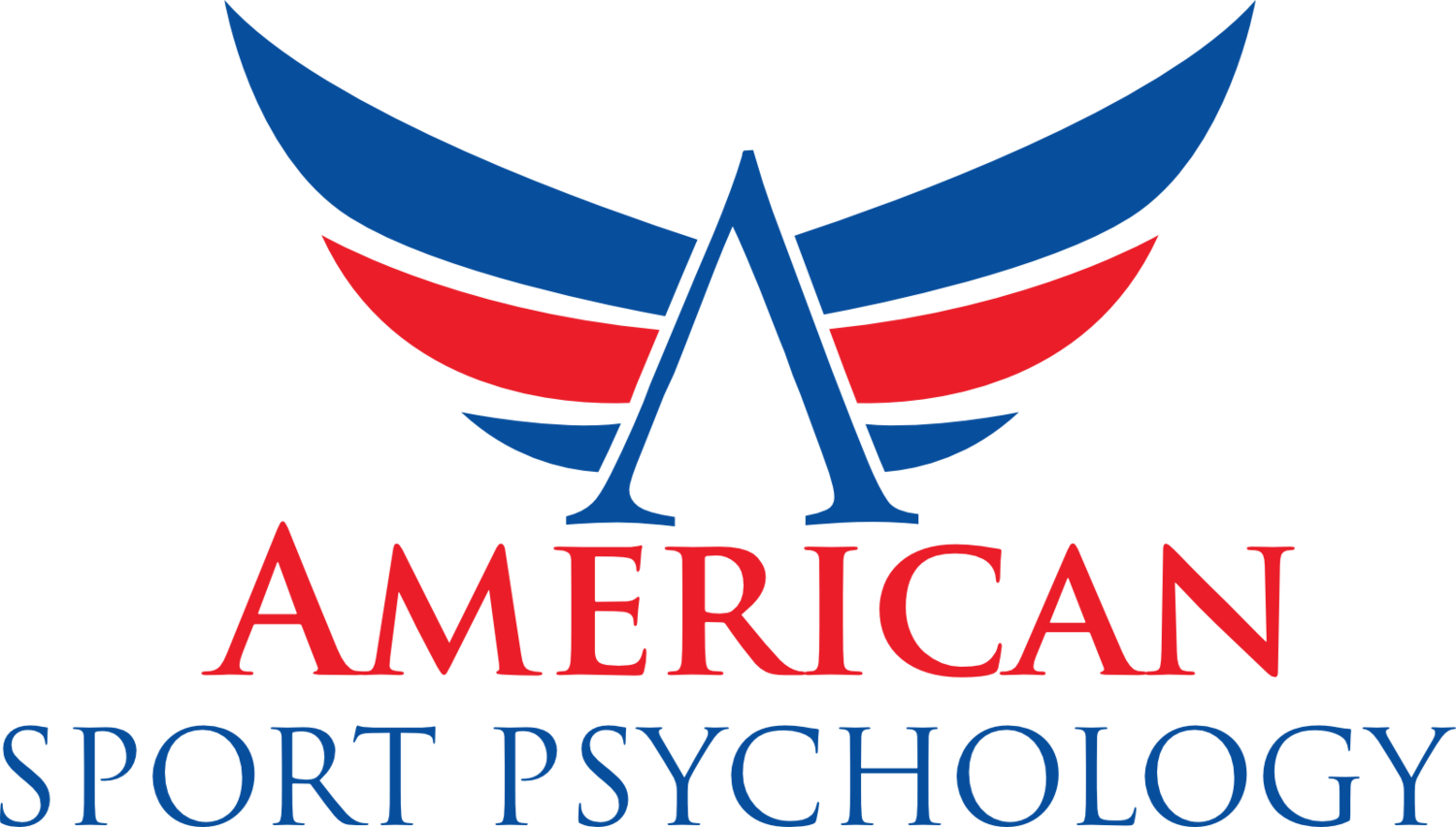Over the next few weeks, I will discuss the primary "ASPire Pillars" of mental performance, which is the foundation of our work with athletes. The first "Pillar" is The Power of Intention.
What is Intention?
Intention, by my definition, is the purpose behind an athlete's actions/decisions. It means having a mental and physical plan of action for training and competition.
Intention Comes Before Execution
Athletes can get overly focused on outcomes, rather than the intent behind actions. This can lead to frustration and decreased motivation, especially when learning a new skill. Regardless of the outcome, or if you executed the skill, ask yourself a simple question: Was it the right decision? This is what really matters in the long run - making the correct decisions repeatedly during competition. Eventually, as correct decisions continue to mount, so too does execution. Athletes tend to look at the outcome and pair their emotional responses accordingly (happy if they make it, frustrated if they don't). Instead, change the dialogue in your head - Was it the right decision? Yes, do it again. No, what do I need to do better next time?
What Does Intention Look Like?
Successful athletes have clear purpose and intention when competing. How can you tell? Watch what happens after they make mistakes - they consistently correct the error right away, rarely making the same mistake twice in a row. For example, after double faulting, great players adjust by taking pace off and getting the first serve in on the next point. Intention can be very subtle, or blatantly obvious. It can be seen in body language and decision-making, as well as reactions to good and bad events. Some might say the player looks "confident" when they have intention. Which leads to my next point...
The Feeling You Get From Having Intention
Confidence stems from intention and knowing exactly what you WANT TO DO - the execution eventually follows. Take, for example, Rafa Nadal most of 2016. He consistently mentioned having low confidence in his forehand, but at the same time, he knew that he had to keep going after it during matches. In his words, "eventually, it started to go in." There are many uncontrollable factors during competition, with outcomes being one of them; however, the plan and purpose behind our actions are within our control, which can in turn lead to a confident feeling.
How Can You Work on Your Intention?
Intention is a mindset. There is no luck behind intention, only a controllable thought process. Here are a few ideas to create intention and purpose in your training and competition:
1) Know Thyself: At the core of intention is self-knowledge. You must know your game style and your strengths. You must know what events typically derail your concentration (along with a plan to deal with them), as well as what motivates you and gets you activated. By understanding what makes you tick, you will be more apt to develop clarity of mind when it comes to training/competition.
2) Create A Game-Plan: Having intention begins before you step onto the court, whether it be in practice or competition. You need to create your purpose and goals for the upcoming performance - create simple thought-directions and visualizations of these actions to employ during your pre-match preparation.
3) Take Control of Your Thoughts: Nerves are normal, but when they become overbearing, it is usually due to excessive doubt and worry. When these thoughts come, replace them with your plan of action. Some players will repeatedly tell themselves the same instructions over and over to "flood" their brains, leaving no room for any other thoughts. Frustration operates in the same manner - limit the emotion tied to the outcome and instead redirect your thoughts to an action you want to take next.
4) Take Control of Your Reactions: Be a "Neutral-Positive" competitor, which means having a neutral response when faced with a poor outcome and a positive response when faced with a good outcome. Your reactions can linger and influence the next action you take - do you want a positive feeling to stick around or a negative one? By taking control of your reactions your body language will improve, and your opponent will see a more confident player acting with purpose and direction.

